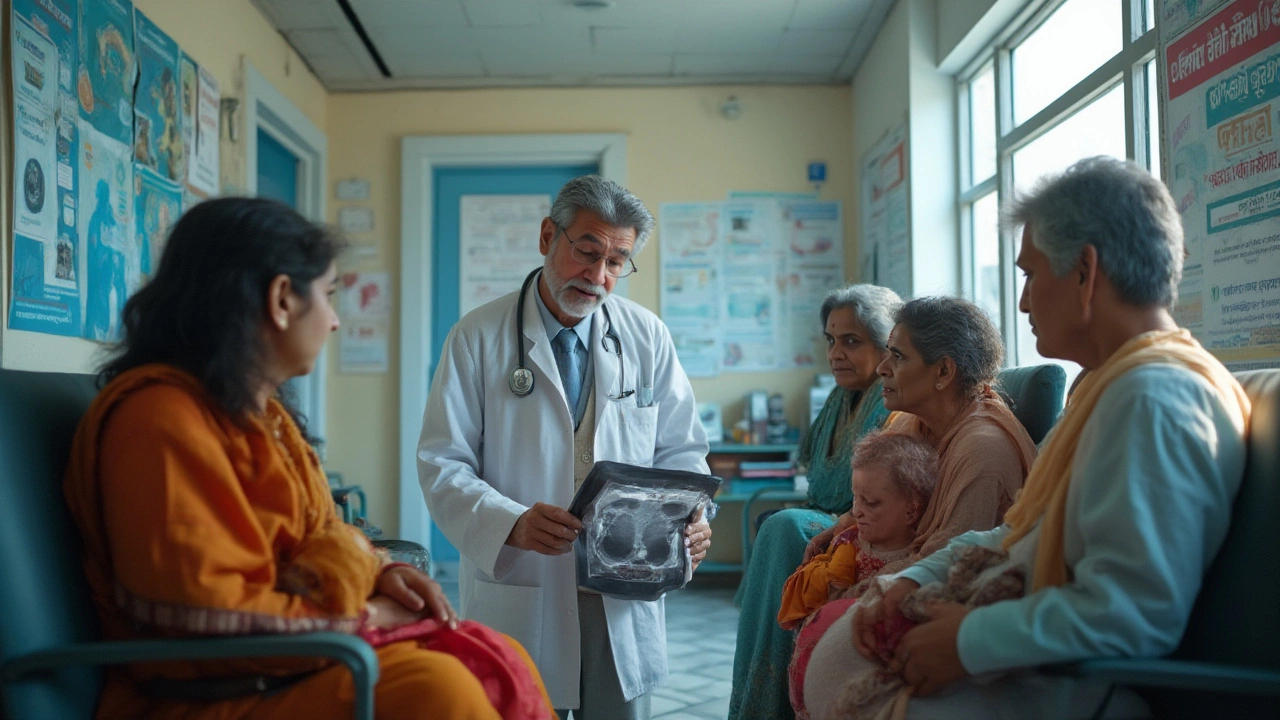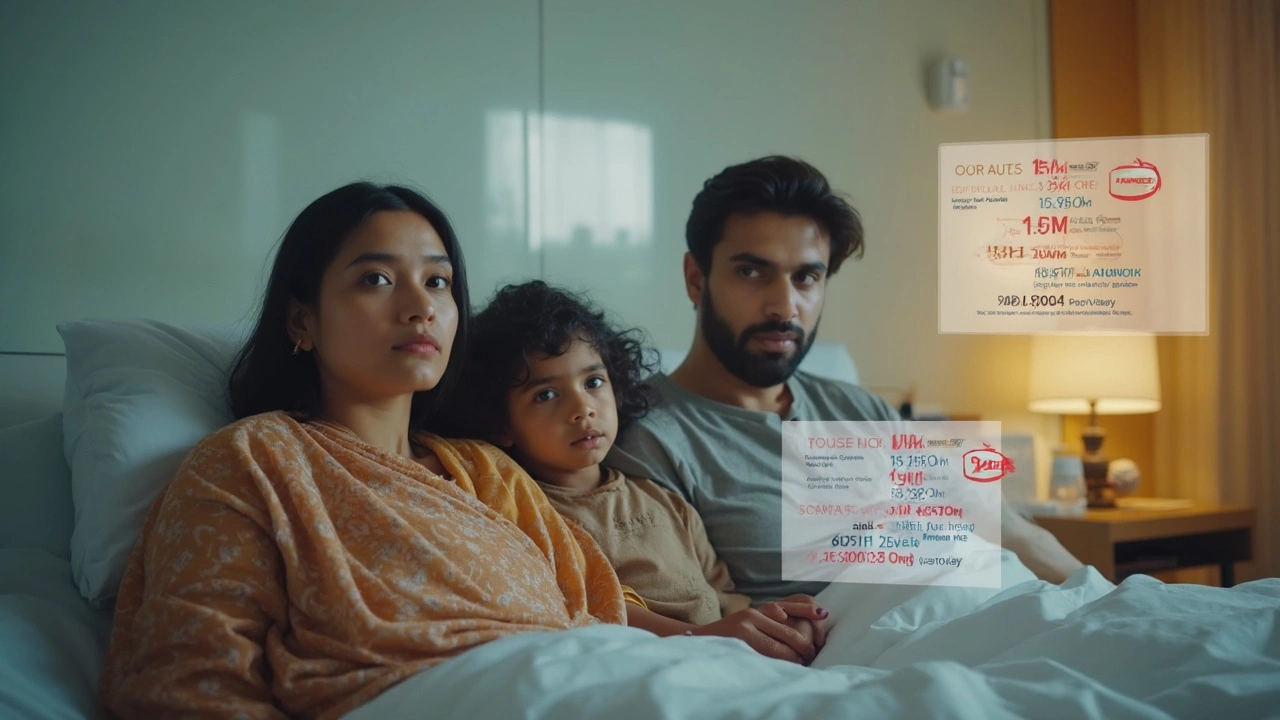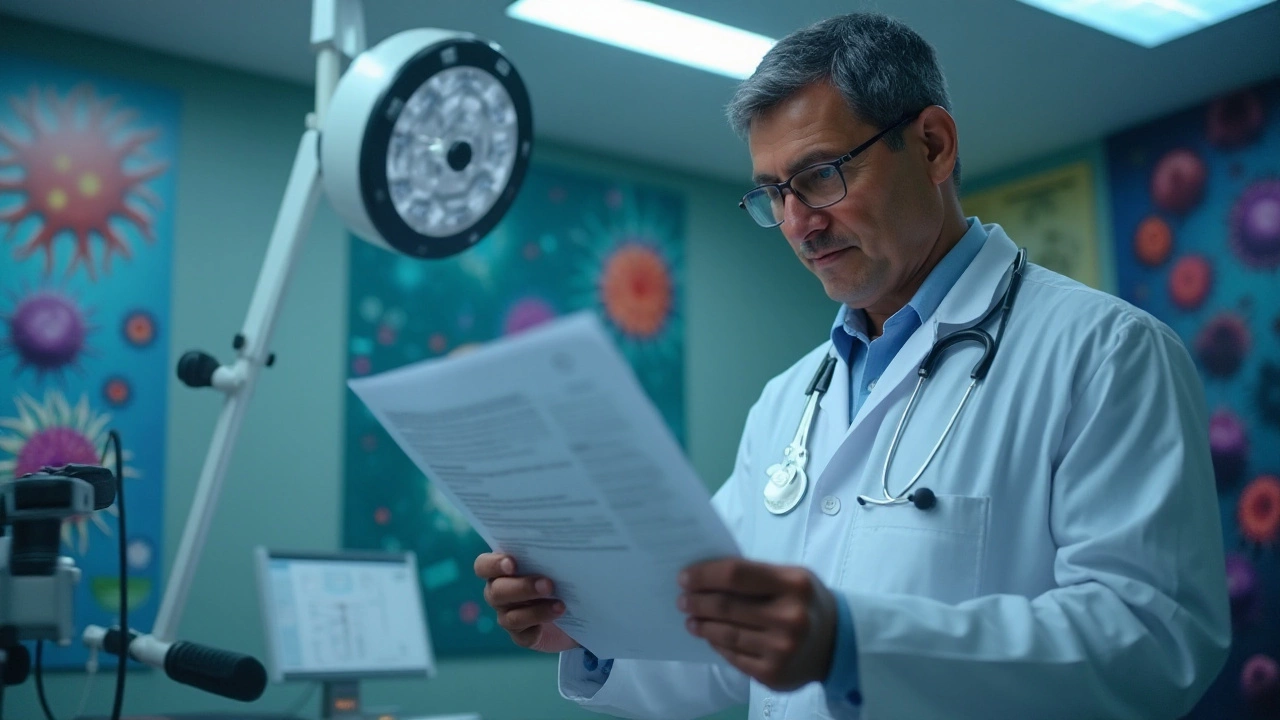Cancer Treatment: What Works, What Doesn’t, and What You Need to Know
When it comes to cancer treatment, medical approaches designed to destroy or control cancer cells in the body. Also known as oncology therapy, it’s not one thing—it’s a mix of methods chosen based on the type, stage, and location of the cancer, plus your overall health. There’s no single cure, but today’s treatments are more precise, less brutal, and more effective than ever before.
Most cancer treatment plans include one or more of five core approaches: surgery, physically removing tumors or cancerous tissue, chemotherapy, drugs that kill fast-growing cells, radiation therapy, high-energy beams that target cancer spots, immunotherapy, boosting your immune system to recognize and attack cancer, and targeted therapy, drugs that lock onto specific molecules in cancer cells. These aren’t just buzzwords—they’re tools doctors use every day to save lives. For example, immunotherapy has turned once-deadly melanoma into a manageable condition for many. Targeted therapy helps patients with certain lung cancers live years longer than they would have just a decade ago.
What you won’t find in modern cancer care is one-size-fits-all. A thyroid cancer might be cured with surgery alone. A late-stage lung cancer might need a combo of chemo, radiation, and immunotherapy. And some cancers, like early prostate or breast, are caught early enough that treatment is mild and survival rates are over 90%. The key isn’t just the treatment—it’s catching it early, knowing your options, and working with a team that understands your body. That’s why so many people now survive cancer—not because it’s gone, but because treatment keeps it in check.
You’ll find real stories here—not theory, not hype. Posts break down what each treatment actually feels like, how long recovery takes, what side effects really look like, and which ones are worth the trade-off. You’ll see how survival rates for thyroid, prostate, and breast cancer compare to the deadliest types like pancreatic or liver cancer. You’ll learn why some treatments work better for some people, and how genetics and lifestyle play a role. No fluff. No fear-mongering. Just what you need to understand your options, ask the right questions, and make smarter choices.







